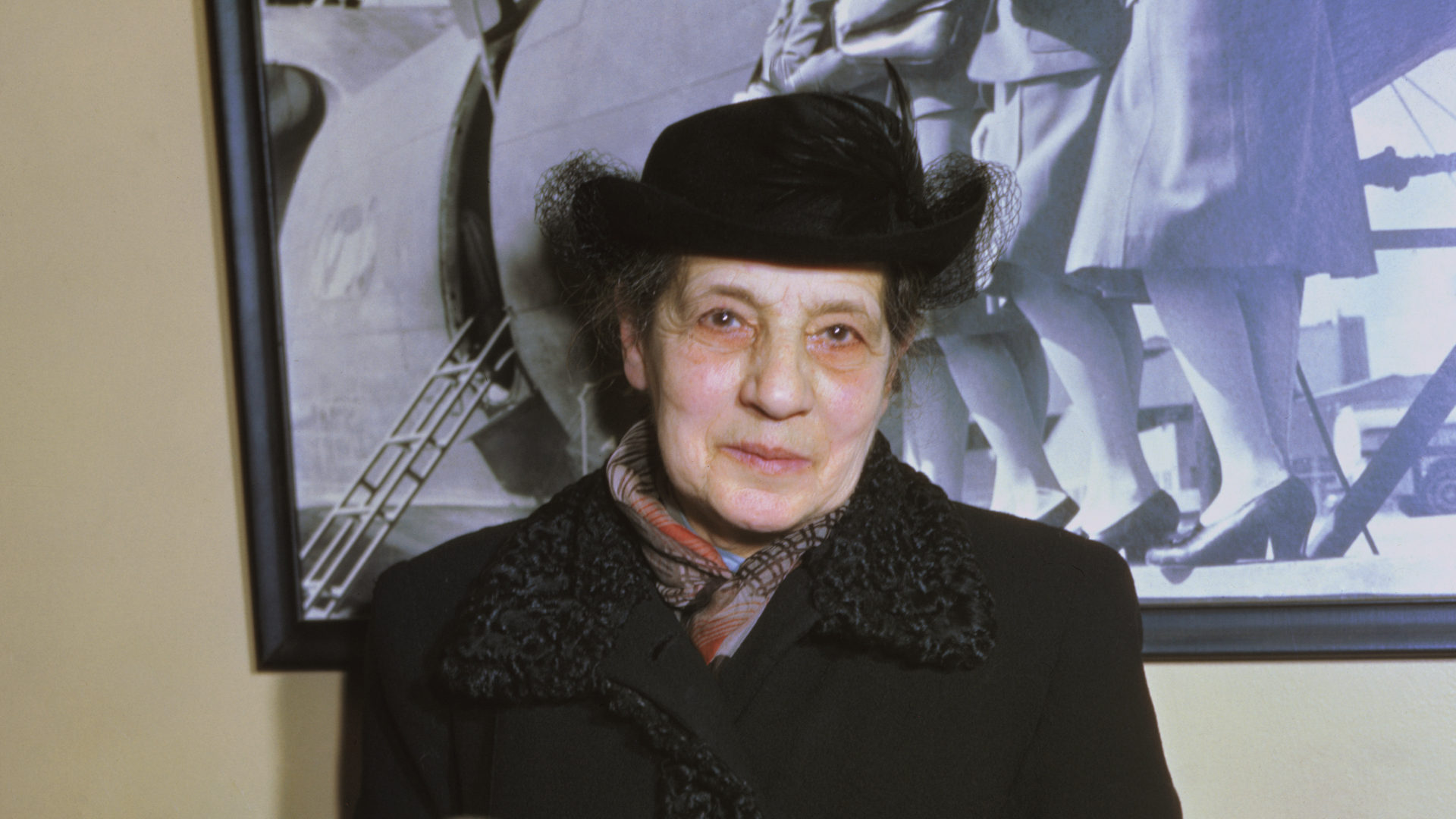
Lauding Lise Meitner, Who Said ‘No’ to the Atomic Bomb


DOUG
Malcolm Hopper. He's brilliant. A scientist? A scientist. Jehovah's Witness. He was probably one of the German scientists brought here from Germany after World War II. One of the rocket scientists. Not a Nazi but being pressured by them and being freed really to come here. And he developed the turbo jet and the government used it on war planes
... See moreThomas Gold was a professor of astrophysics at Cornell University and one of the most interesting scientists of the 20th century. He had a notable penchant for diving into completely new fields and developing hypotheses utterly at odds with the scientific consensus of the day. His many achievements include correcting the understanding of how the... See more